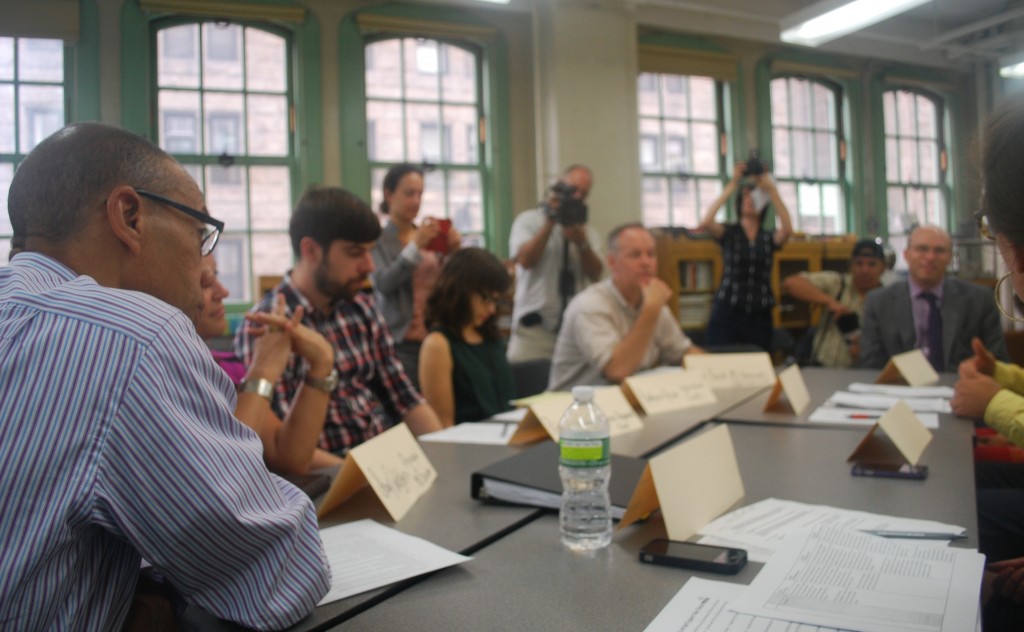Open Letter To Chancellor Dennis Walcott and Others on The Idea of Assessment

First, I’ll mention that, since the discussions of the Common Core Learning Standards came to the fore, I’ve had a plethora of chances to immerse myself in the new vision for a quasi-nationalized education paradigm. In NYC, as usual, education policy makers feel the need to set the standard for the nation, from Bloomberg’s mayoral control dictates to the plethora of interim, field-testing, and high-stakes standardized assessments from third grade onwards. On the surface, one might think I’m at the forefront of the work done around the Common Core.
Yet, my earlier concern about the chaotic approach to transforming education via the Common Core concerns me still.
We can obviously start with Dr. Diane Ravitch’s contention that we haven’t actually field-tested whether the standards would actually get our students “college and career ready.” From a teacher’s perspective, I’d like to get more focused, coherent, and yes, rigorous about my argument.
We can talk all day about these standards and the three tenets of focus, coherence, and rigor, but without the means to make pedagogy more viable and focused on the whole child, we miss out on yet another opportunity to do something important: growing better people.
For instance, yesterday and today, New York City elementary and middle school children had to take an English-Language Arts and Math test (respectively) as part of the NYC Benchmark Assessments, with the assumption that these tests will give stakeholders a chance to see how much students learned in the past few months.
After a careful glance of the material along with conversations with students and teachers, these assessments seem to do more to assess what students don’t know than anything else.
If the intent is to help teachers, principals, and others get a feel for the tests in April / May, then why not let these parties into the assessment process rather than excluding them? If the intent is to show growth from today to the tests, then why give a test where you know the majority of students haven’t even covered all of this material? If the intent is to signal to everyone that they must raise their expectations, then why must we let them down so frequently with our lack of clarity?
From people I’ve spoken to throughout the city, we’ve had almost three re-arrangement in priorities in the last five months. At first, people thought we would have to address both New York State and Common Core Standards, specifically because the Common Core in New York State’s eyes was a draft. Then, people thought we would teach according to the first testing schedule given sometime in late August / early September.
For eight grade teachers, that meant we would teach exponents first. Sometime last week, however, the state sends out a document shifting priorities on topics again, giving some topics greater emphasis over others after almost three months of teaching.
We’re almost begging for schools to fail.
Even when schools had a clear roadmap like in the state of Kentucky, schools still dipped by as much as 35% in scores, and for good reason. Anyone familiar with the standards already sees the forestand the trees.
But we continue to perpetuate the myth that higher accountability will improve schools, no matter what the cost. After today’s interim assessment, I am convinced that, if we cannot make our school system more focused on children and their communities’ needs, we will continue to fail them, with or without a state test.
We can do better.
I’m not angry; I’m simply seeking answers. While I don’t speak for all teachers, I do speak because of them, and a plethora of other concerned citizens. Hope to hear from you soon.
Best,
Jose Vilson
